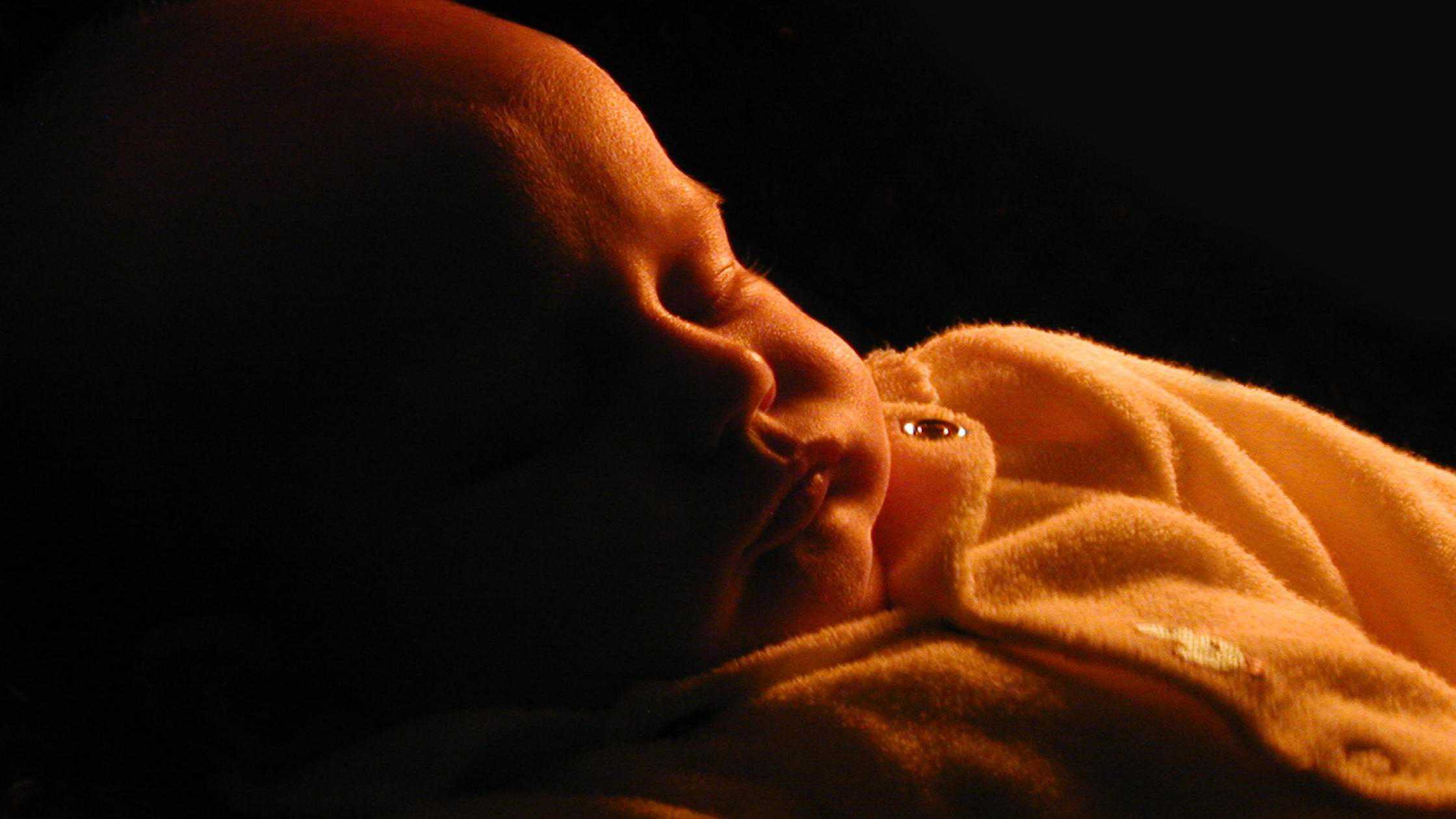Winning the lottery. Eating a steak prepared by Gordon Ramsay himself. Getting more sleep when you have a newborn at home. Three things that would be wonderful to have happen to you but seem very unlikely. Or are they? No. Mr. Ramsay is very busy right now and we have no lottery strategies, but we can help you get more sleep with your newborn. When you think about it, this is truly the most valuable of the three, so there’s that! Here are the top five tips for you to consider trying with your newborn in order to get them to sleep longer. Enjoy and good luck!
Full Feeds Throughout The Day
In order to help keep them sleeping more at night, make sure that your infant is eating fully and regularly during the daytime. This specifically means ensuring that they have full feeds every 2.5 to 3 hours during daylight hours so that they don’t “go to bed hungry” so to speak. If your baby isn’t getting enough to eat during the day, then they are all but guaranteed to be more restless and fussy at night due to hunger. Help them get full feeds in the day in order to keep them full at night for longer stretches!
Avoid Overstimulation
Signs of overstimulation in your baby include being overly fussy or irritable, crying for longer and more often, inability to get to sleep or stay asleep. If your baby is overstimulated, then it will be more difficult to get a good night’s sleep. Here are some ways you can avoid overstimulation in your infant.
- Avoid spending large amounts of time during the day around crowds or busy areas like train stations, large family gatherings, busy shopping centers, etc.
- Avoid too much auditory and visual stimulation like bright lights, loud music, colorful places.
- Avoid too much screen time around baby.
- Avoid disruptions in routine during the day.
- Regulate your baby’s temperature to ensure that they aren’t too hot or cold during the day.
- Swaddle your baby to help with their moro reflex.
Regulate Light Exposure
Too much light during the evening periods may disrupt your child’s natural day/night cycle. Keep harsh lights like overhead lights and most lamps off or dimmed if possible during the evening hours. Keep your home as dark as possible during the nighttime to help cement their natural sleep/wake cycles.
Keep A Solid Routine
Make sure that your daily routine is consistent. Things like walks, tummy time, baths, getting ready for bed at night, etc., all happen at the same time each day. Help your child get into a set routine so that they can get used to falling asleep at the same time each night, which will help them sleep longer and more consistently.
Give Pause, Allow For Self Soothe
Sometimes, the best thing to do is… NOTHING! For a few minutes, at least. If you see your infant fussing and even crying a little bit during the night, don’t rush to pick them up and start to soothe them or feed them. Observe them for a few minutes to see if they are going to self soothe and fall right back to sleep. We get caught up in the moment so often and think we have to “fix” the situation right away, but sometimes that is not the best approach. If all of baby’s needs have been met, try to allow them small opportunities to self soothe. Three to five minutes initially. Sometimes babies “sleep cry” and sometimes they startle themselves awake and will cry. Give them some time.
Conclusion
Thank you for taking the time to read today’s post about getting your baby to sleep longer at night. Getting your baby to sleep can definitely be a process with varying challenges. If you have any questions about getting your baby to sleep, or your baby in general, please reach out to us HERE. We are experts in all things baby (we LOVE them) and sleep and would love to help!
If you have questions about your child, please don’t hesitate to contact us. We would love to help. Please reach out to us here!
![]()
